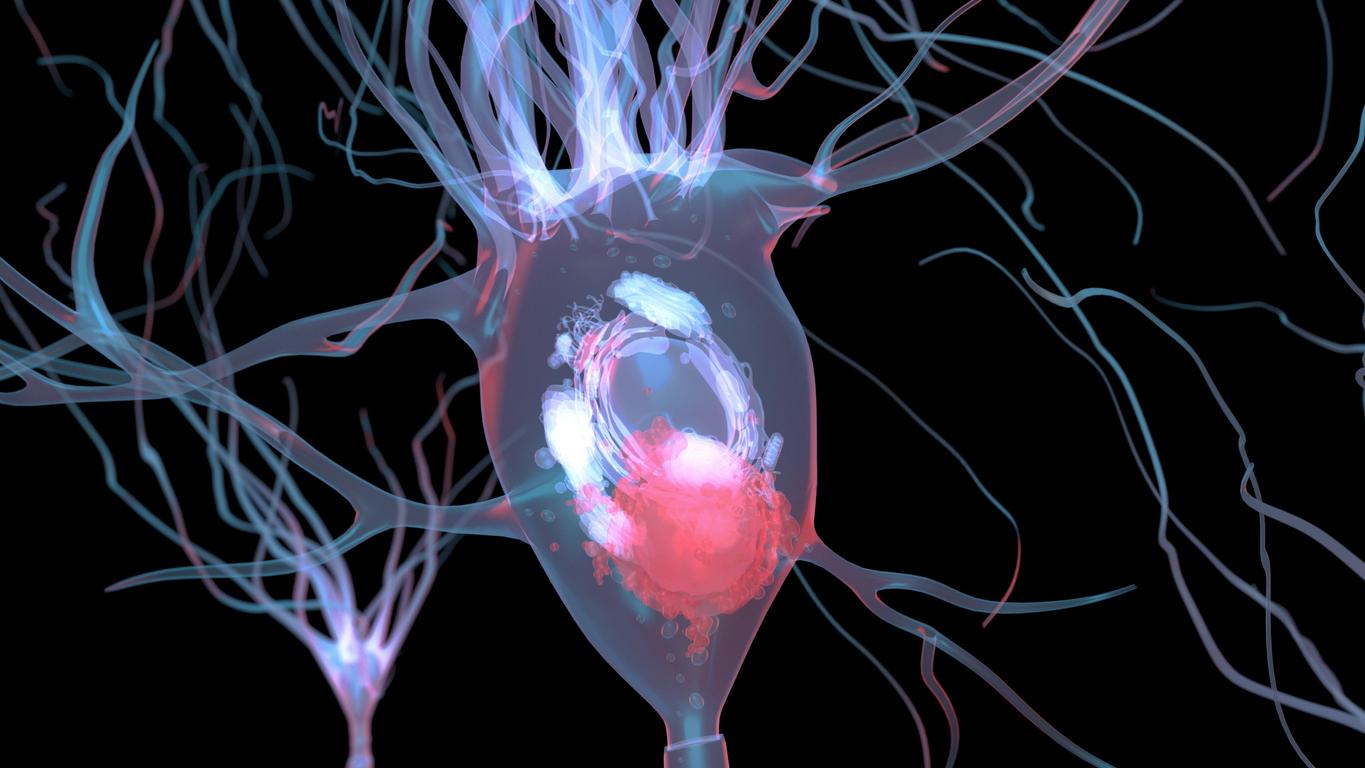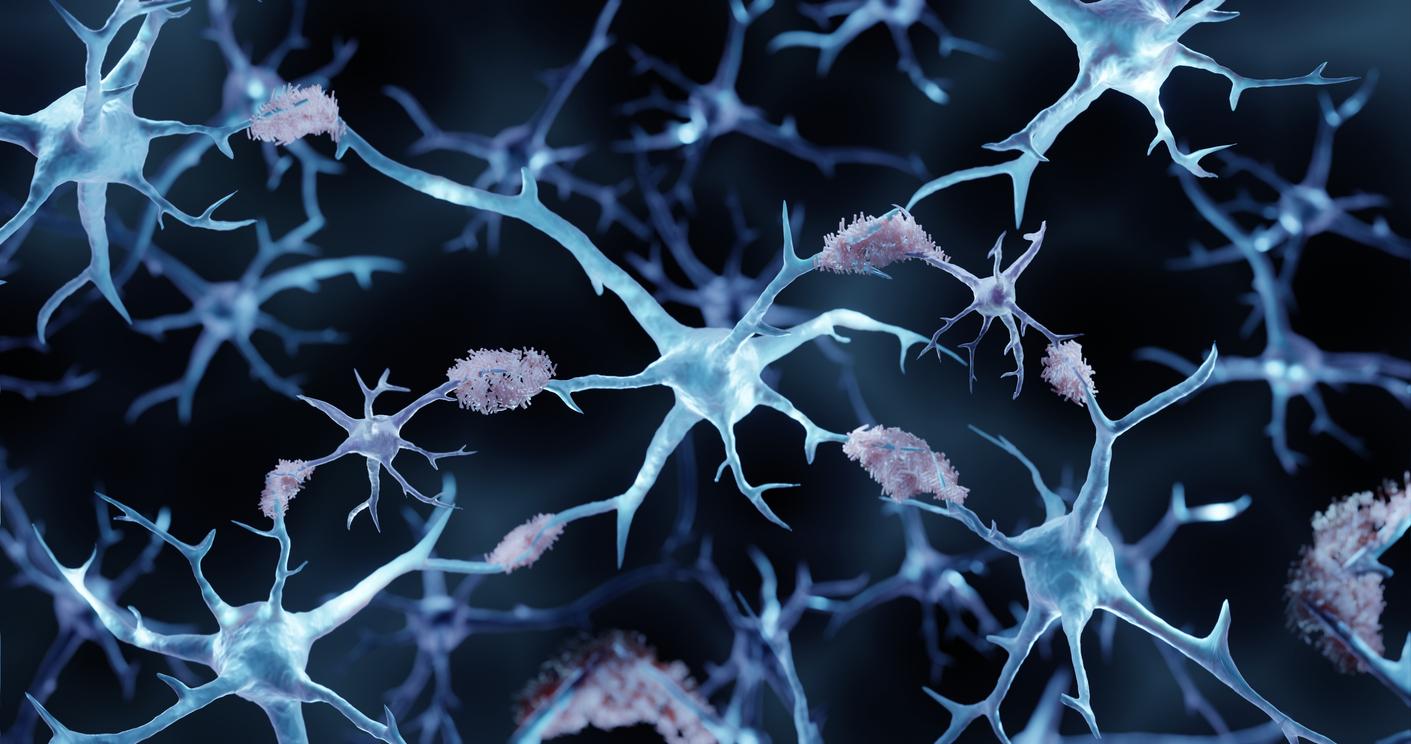Formic acid present in urine is a biomarker of the disease, detectable even when it is at an early stage. It could become a non-invasive screening tool.

- In France, around 900,000 people suffer from Alzheimer’s disease.
- 2% of those affected are under the age of 65.
How to facilitate the diagnosis of Alzheimer’s disease? Today, it is based on several tests: France Alzheimer cites neuropsychological assessment, MRI, neurological examination, blood assessment, lumbar puncture and nuclear imaging (PET FDG). Scientists are working to develop faster tools to determine if a person has the disease. In the specialist journal Frontiers in Aging Neurosciencea team of researchers from various Chinese universities reveals the results of a promising study on a potential screening test via urine.
Formic acid, a biomarker of Alzheimer’s disease found in urine
The scientists recruited 574 people for their research who either had normal cognitive abilities or showed signs of Alzheimer’s ranging from mild cognitive decline to multiple symptoms of the disease. The team conducted analyzes of participants’ urine and blood samples as well as psychological assessments. The researchers looked at an organic compound present in urine: formic acid. Their results show that urinary formic acid levels were significantly higher in Alzheimer’s patients, compared to healthy individuals, even in those who were at an early stage. When the researchers compared urinary formic acid levels with blood biomarkers of Alzheimer’s disease, they found that they could more accurately predict the stage of the disease in a patient.
Why early detection of Alzheimer’s disease is important?
“Alzheimer’s disease is a chronic, ongoing and hidden disease, which means that it can develop and last for many years before obvious cognitive impairment appears, specify the authors. The early stages of the disease occur before the stage of irreversible dementia, and this is the ideal window for intervention and treatment.” All this explains the importance of developing non-invasive and simpler screening techniques, to act as soon as possible. Treatments do not achieve remission, but they can slow cognitive decline and improve some symptoms. “The effects of the treatment are visible, relatives and doctors note a “moderate but significant” improvement for some patients in daily activities, language, reasoning, memory”specifies the association France Alzheimer’s. For the authors of this new research, screening by urine test having proven itself in terms of efficiency and cost, the search for urinary biomarkers must now be part of the “routine examinations of the elderly”although further clinical studies will be needed to understand the link between formic acid and Alzheimer’s disease.


















